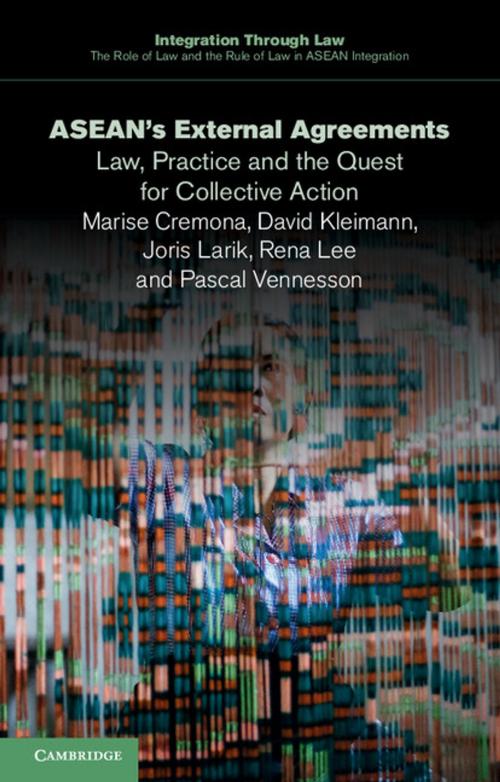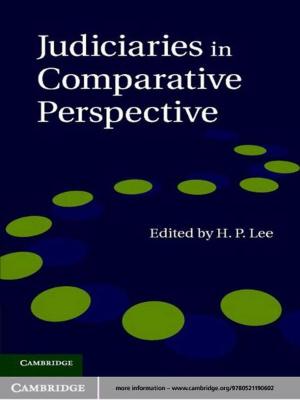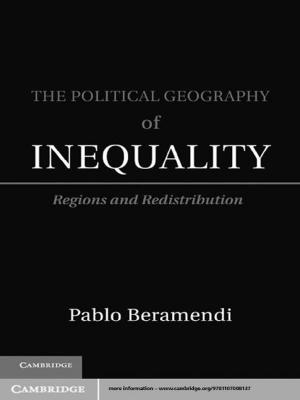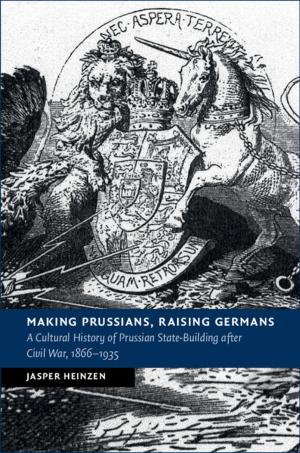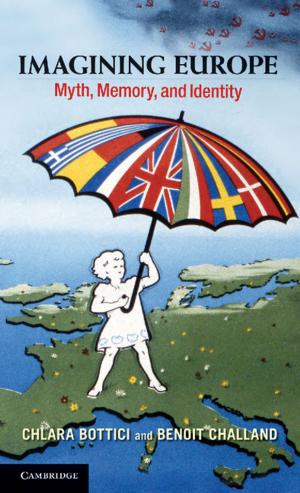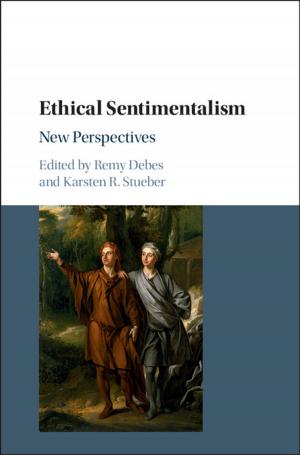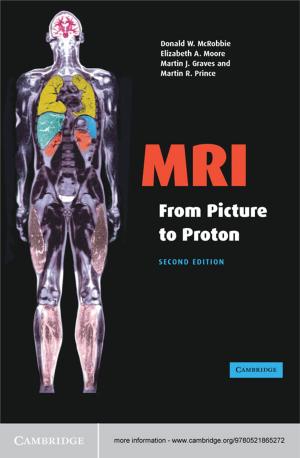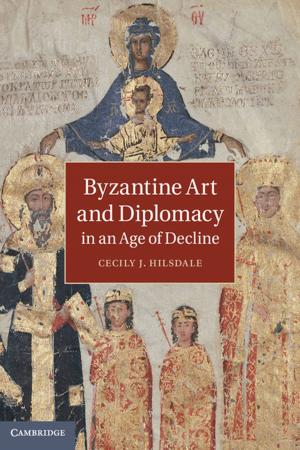ASEAN's External Agreements
Law, Practice and the Quest for Collective Action
Nonfiction, Reference & Language, Law, International| Author: | Marise Cremona, David Kleimann, Joris Larik, Rena Lee, Pascal Vennesson | ISBN: | 9781316290552 |
| Publisher: | Cambridge University Press | Publication: | April 16, 2015 |
| Imprint: | Cambridge University Press | Language: | English |
| Author: | Marise Cremona, David Kleimann, Joris Larik, Rena Lee, Pascal Vennesson |
| ISBN: | 9781316290552 |
| Publisher: | Cambridge University Press |
| Publication: | April 16, 2015 |
| Imprint: | Cambridge University Press |
| Language: | English |
ASEAN is coming of age as an international actor and international treaty-maker. To date, more than two hundred external agreements and other instruments have been concluded in the name of ASEAN. This book provides the first systematic account of the legal framework governing ASEAN's burgeoning external relations practice. It focuses in depth on ASEAN's wide-ranging mandate to promote its values and principles in the wider region and beyond, as well as the highly intergovernmental, and at times haphazard, handling of the bloc's relations with the outside world. Furthermore, it reveals that there are two basic meanings of ASEAN in its international dealings, which have important implications under international law: ASEAN as an international organisation with its own legal personality and ASEAN as the collectivity of its member states. This timely and thoughtful book is a valuable resource for practitioners and scholars of international law, ASEAN law, international relations, regional integration and governance.
ASEAN is coming of age as an international actor and international treaty-maker. To date, more than two hundred external agreements and other instruments have been concluded in the name of ASEAN. This book provides the first systematic account of the legal framework governing ASEAN's burgeoning external relations practice. It focuses in depth on ASEAN's wide-ranging mandate to promote its values and principles in the wider region and beyond, as well as the highly intergovernmental, and at times haphazard, handling of the bloc's relations with the outside world. Furthermore, it reveals that there are two basic meanings of ASEAN in its international dealings, which have important implications under international law: ASEAN as an international organisation with its own legal personality and ASEAN as the collectivity of its member states. This timely and thoughtful book is a valuable resource for practitioners and scholars of international law, ASEAN law, international relations, regional integration and governance.
